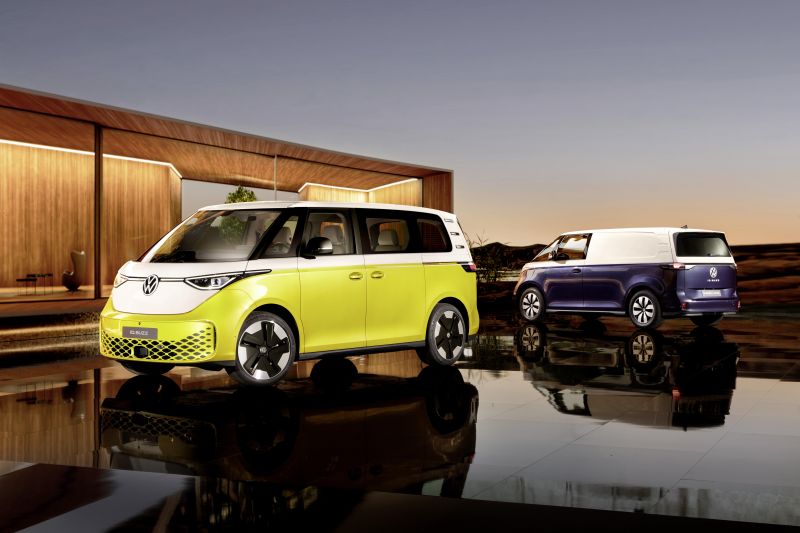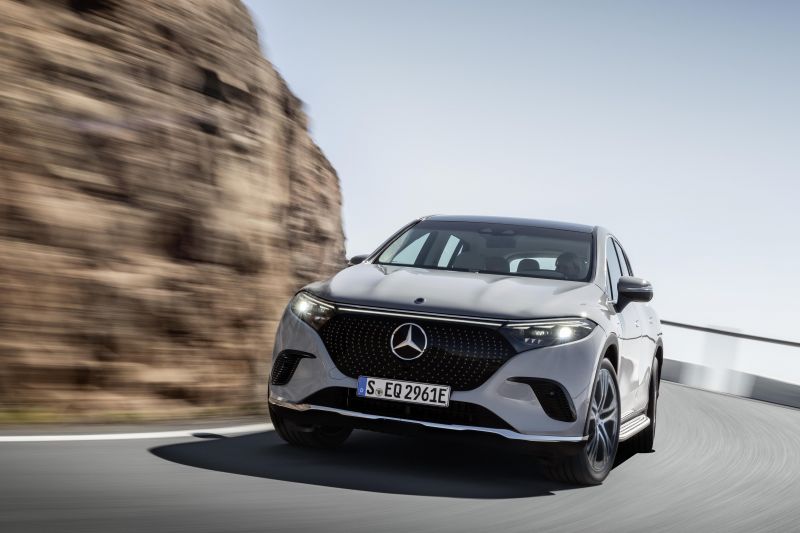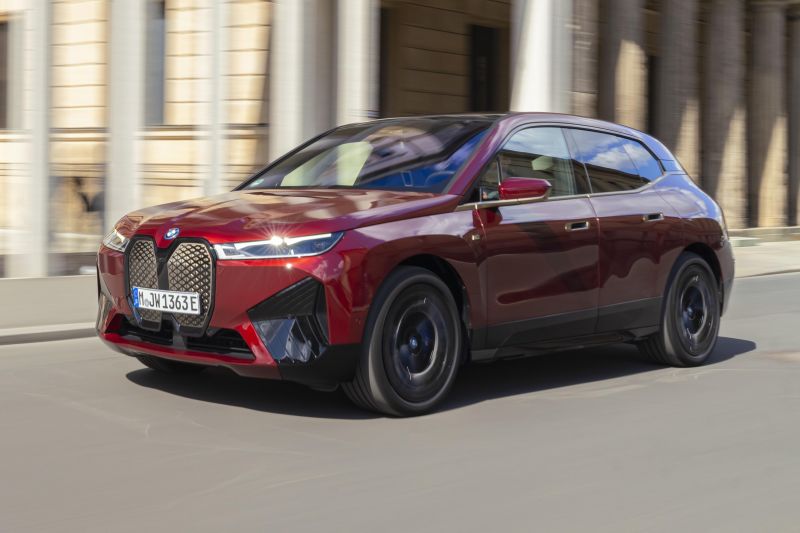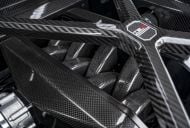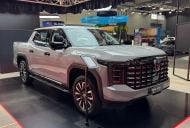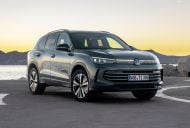Germany’s finance minister has signalled there might be opposition within the ruling coalition to the European Union’s proposed 2035 internal combustion engine (ICE) ban.
According to Politico Europe, Christian Lindner, the country’s finance minister, told attendees of an event held by Federation of German Industries (BDI) the EU’s proposed petrol and diesel new car sales ban was “wrong”.
He said the German government “will not agree to this European legislation this week”, and it will “not be able to agree to the fleet limits with the de facto ban on internal combustion engines”.
In a later tweet, he argued for the need to consider other technologies, stating “synthetic fuels are a climate-neutral option for the internal combustion engine, which has been around for a long time”.
The current German government is run by a three-party coalition including the Greens and Free Democrats, and led by the centre-left Social Democrats.
Lindner is member of the Free Democrats, a pro-business centrist party in favour of free trade.
He was quickly contradicted by Steffi Lemke, a member of the Greens and the country’s environment minister, and who is in charge of negotiating CO2 reduction plans with the EU.
In a response emailed to Politico, she said the German government should stick with “previously agreed course”, and argued “in the transport sector we need planning security for the car industry and decisive steps that can reduce CO2 emissions”.
At the beginning of June this year, the European Parliament approved a plan to slash the new car CO2 fleet average to 0g/km by 2035, effectively banning the sale of new passenger vehicles with petrol or diesel engines in them.
The proposed prohibition on internal combustion engine vehicles is part of the EU’s broader aim of cutting carbon emissions by 55 per cent from 1990 levels by 2030, and hit carbon neutrality by 2050.
While the proposal is one step closer to becoming reality, the EU still needs to negotiate the exact text with each member nation before it can be passed into law.
It’s unclear whether Lindner’s objection to the ICE vehicle ban is his own personal opinion — he is reportedly a fan of sports cars — or if his views are more broadly held within the Free Democrats.
The so-called traffic light coalition currently holds a total of 416 of the Bundestag’s 736 seats. Although the Free Democrats are the smallest member of the coalition, the loss of its 92 votes on this matter or in general could spell trouble for the government.
All of Germany’s auto brands have invested heavily in developing EVs, and many have committed to going electric only.
Opel will be EV-only in Europe from 2028, Mercedes-Benz aims to be all electric “where market conditions allow” from 2030, and Audi will ditch ICE outside of China by 2033.
MORE: European parliament approves ban on new petrol, diesel cars by 2035
MORE: Which brands are going fully electric and by when?





